20 Reasons You Need Survival Cows
When it comes to self-sufficiency and sustainability, having survival cows can be a great asset. These hardy animals provide a wide range of benefits that can help you survive and thrive in survival situations. Whether you live on a homestead, have a small farm, or are simply looking to become more self-reliant, we’ll discuss 20 reasons why you need survival cows.
I’ve always thought it would be a blessing to be a farmer on a small farm. Yes, it’s a lot of work and you are subject to so many outside influences. It could be climate change, market meat pricing, food systems in chaos, and other issues that can affect your success. Yet for those with the property, the motivation, and the skills, raising cattle or your own food can make all the difference in a survival situation.
I realize not everyone has the land to feed and care for small animals or cows, so look into buying a cow from a local farmer and share the cost of the beef. We used to buy a 1/2 beef every year and stock our freezer. At the time I didn’t realize it was grass-fed, that’s all the farmers had where we lived.
The meat tasted better back then compared to what I buy in the stores today. It’s great to find meat on sale, but it’s the quality of the meat that I’m more interested in now that we know more about how cows are treated, standing in feces all day, and now we question what they are being fed, right? I am for sure.
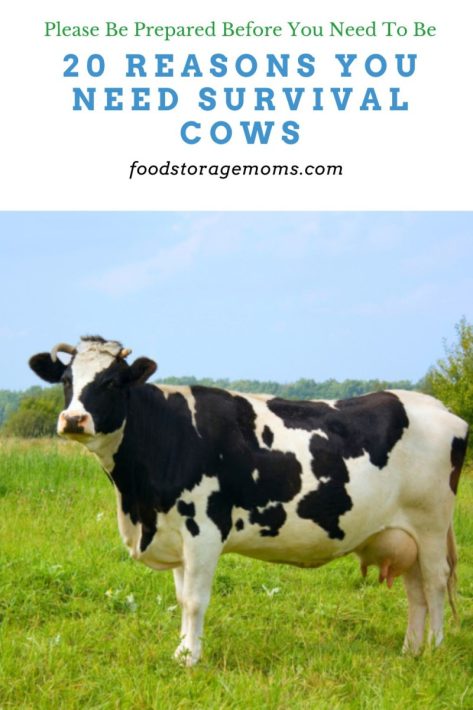
1. Milk Production
Survival cows are excellent milk producers, providing a steady supply of fresh milk for your family. This nutritious liquid can be consumed as-is, used to make dairy products like cheese and yogurt, or even traded with neighbors for other essential items. Milk: Everything You Need to Know
Depending on the dairy cattle breed chosen, you can count on a significant amount of steady milk for you and others. If you have the room and grassland available, a small herd of dairy cows, and higher production levels are possible.
2. Meat Source
Raising beef cattle allows you to provide a high-quality protein resource through delicious and nutritious meat. By raising survival cows, you’ll have a sustainable source of high-quality beef that can feed your family for months or even years. Plus, you’ll be satisfied knowing exactly where your meat comes from and how it was raised. Meat Chickens: What You Need to Know
Grass-fed beef is great as we work to achieve environmental sustainability and a delicious food product. Again, different cattle breeds generate various levels of meat, but you can try different breeds in your location to see which breeds tend to flourish.
3. Manure for Fertilizer
Cows produce copious amounts of manure, which can be a valuable fertilizer for your garden or cropland. This natural fertilizer is rich in nutrients and helps improve soil health, leading to better yields and healthier plants. How to Use Rabbit Poop Fertilizer
4. Weed Control
Cows are excellent grazers and can help keep your property free from unwanted vegetation. By allowing them to roam and graze, they can naturally control weeds and reduce the need for manual labor or chemical herbicides. Can I Eat Chickweed: Edible Weeds
5. Companionship
Survival cows can become cherished companions on your homestead. They are intelligent, gentle creatures that can form deep bonds with their owners, particularly young ranchers. Their presence can provide comfort and a sense of connection to the land.
6. Emergency Transportation
In dire situations, such as during natural disasters or when roads are impassable, survival cows can be used as a means of transportation. Whether you need to move yourself or carry essential supplies, cows can be trained to carry light loads and navigate rugged terrains. What Happens When Roadways Shut Down?
7. Weed-Free Hay
Cows can help you maintain a weed-free hay supply. Allowing them to graze on your alfalfa fields before weed plants go to seed, can prevent the spread of weeds and reduce the need for additional herbicides. Can I Eat Dandelions? Other Edible Weeds
8. Natural Pest Control
Cows can also help control pests on your property. Their presence can deter rodents, and they can even consume certain insects that might otherwise damage your crops or livestock. Keeping Pests Away from Food Storage
9. Calving for Additional Livestock
Raising survival cows can allow you to breed and raise additional livestock. Calving season can be an exciting time at cattle ranches, as you welcome new feeder calves to your farm and expand your self-sustaining ecosystem.
10. Milk Surplus for Bartering
If you have surplus milk from your survival cows, you can use it as a valuable bartering tool. In times of scarcity, having a commodity like fresh milk can help you obtain other essential items that you may need.
11. Draft Power
Cows are powerful animals that can be trained to perform various tasks. In a grid-down scenario, where electricity is unavailable, survival cows can be used as a source of draft power for plowing fields, pulling carts or wagons, or even operating simple machinery.
12. Self-Sufficiency
By raising survival cows, you are taking a significant step towards self-sufficiency. You become less dependent on external food sources and gain the ability to produce your dairy products, meat, and fertilizer – all essential components of a self-reliant lifestyle. 17 Ways to Become More Self-Sufficient
13. Connection to Nature
Keeping survival cows allows you to deepen your connection to nature. You become more attuned to the changing seasons, the cycles of life, and the importance of caring for animals for survival.
14. Health Benefits
Milk from survival cows is a rich source of essential vitamins, minerals, and proteins. By consuming fresh milk and dairy products, you can boost your overall health and well-being. High-Calorie Foods for Emergencies
15. Income Generation
Survival cows can also serve as a potential source of income. Whether you choose to sell surplus milk, breeding stock, or meat, you have the opportunity to generate revenue from your livestock. Cash vs. Credit Card: Which is Better in an Emergency?
16. Emergency Food Supply
During times of crisis or food shortages, having survival cows can provide you with a reliable emergency food supply. They can be a lifeline when external food sources are scarce or inaccessible. Survival Food And Emergency Food Storage
17. Drought Resilience
Cows are resilient animals that can withstand harsh conditions, including drought. Raising survival cows adapted to your local climate, increases your resilience to water scarcity and ensures a consistent food supply even in challenging times. How to Prepare for a Drought
18. Sustainable Land Management
Survival cows play an important role in sustainable land. Their grazing habits can help prevent soil erosion, promote diverse plant growth, and maintain the overall health of your pastures or grazing lands.
18. Teach a Strong Work Ethic
Survival cows play an important role in teaching our youth what it takes to run an agricultural-based business and what hard work is really like.
19. Milk for Homemade Products
The milk from survival cows can be used to create a wide variety of homemade products. From butter and yogurt to soap and lotion, you can harness the natural goodness of cow’s milk to make your own high-quality, chemical-free products.
20. Sense of Security
Having survival cows on your property can provide a sense of security and peace of mind. Knowing that you have a self-sustaining source of food, transportation, and companionship can alleviate anxiety and help you feel more prepared for any unforeseen circumstances. 20 Ways to Step Up Security Measures Around Your Property
More Tips
- 10 Survival Items to Hunt For at Flea Markets
- Meat Rabbits: Tips for Raising Them
- Home Economic Skills You Should Teach Your Kids
Final Word
Survival cows are a valuable asset for those seeking self-sufficiency, sustainability, and resilience. Consider adding these remarkable animals to your homestead or farm and experience the many rewards they bring. What are some reasons you have survival cows on your land? May God Bless this World, Linda

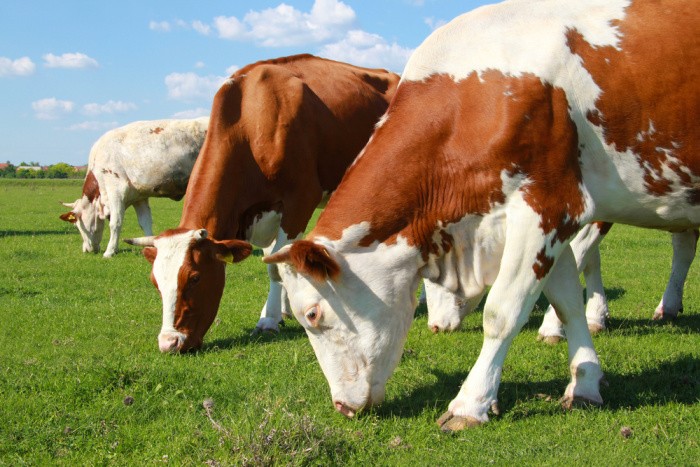

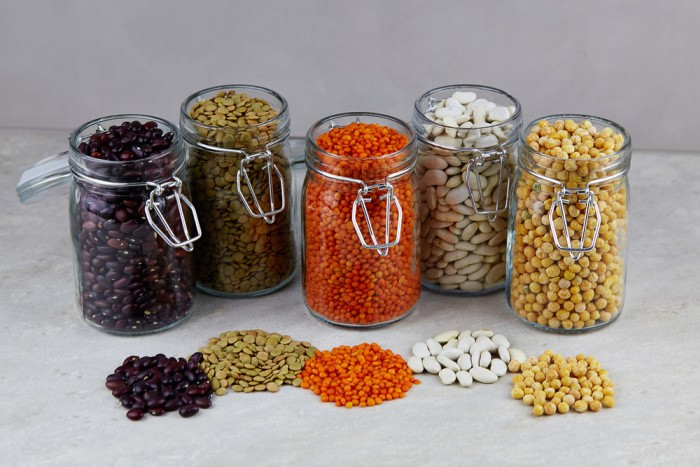
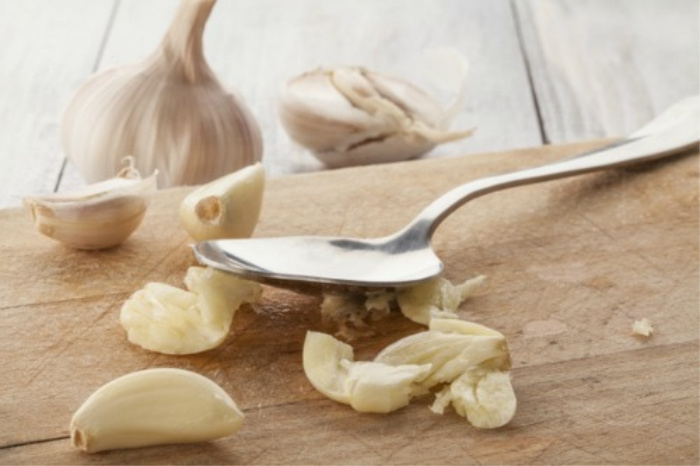


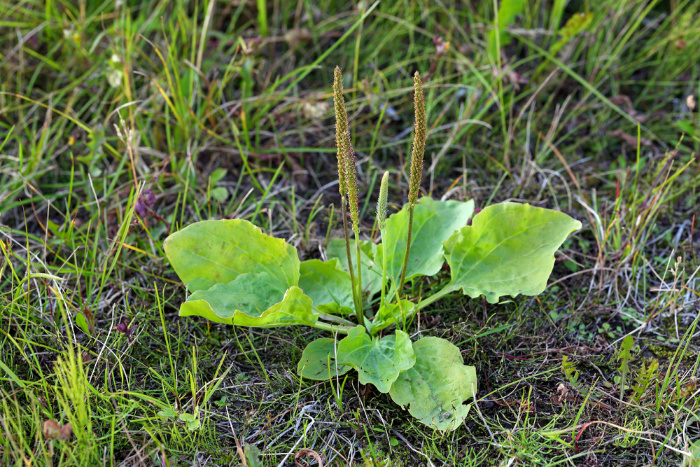
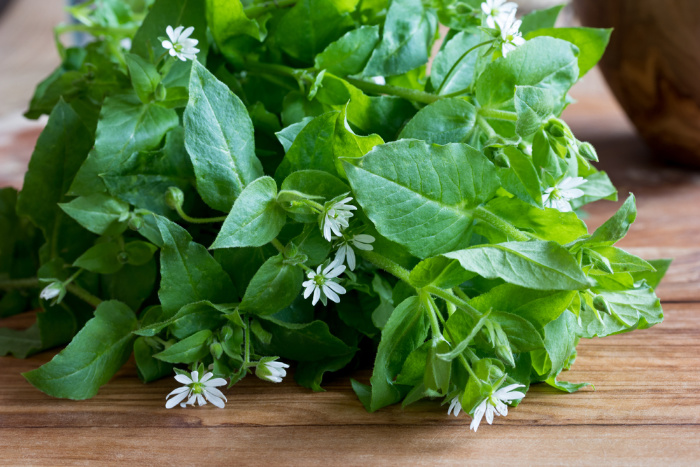
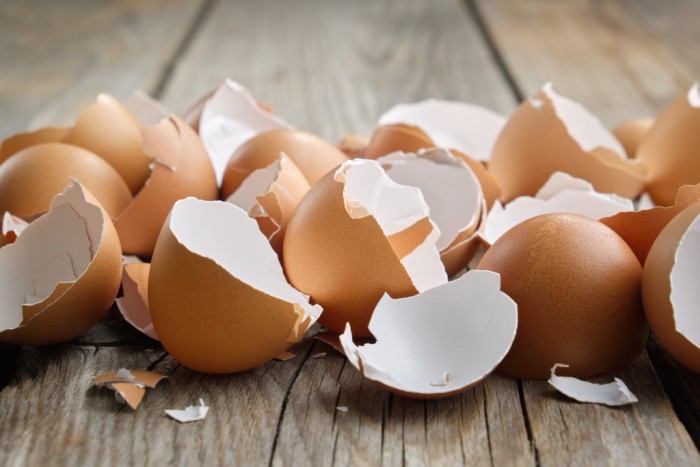
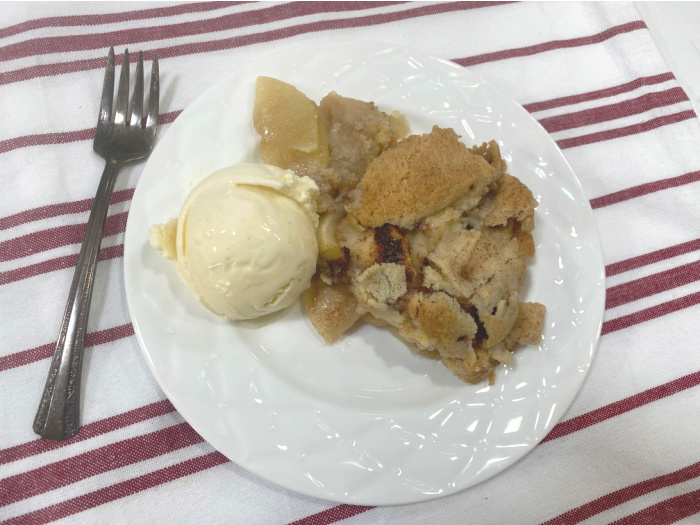
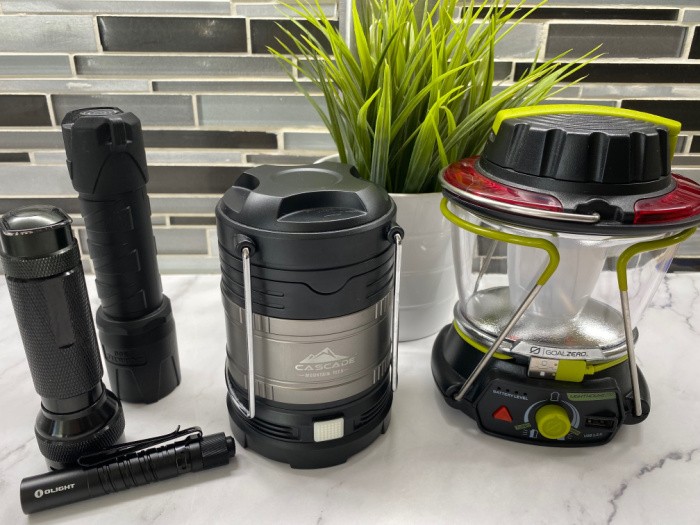

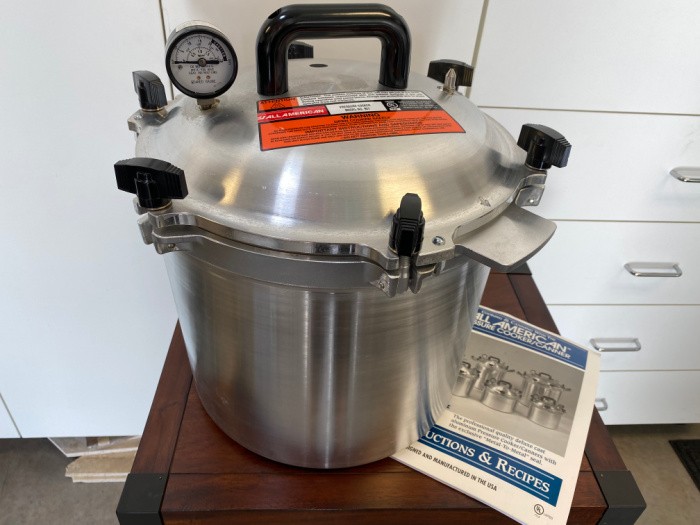
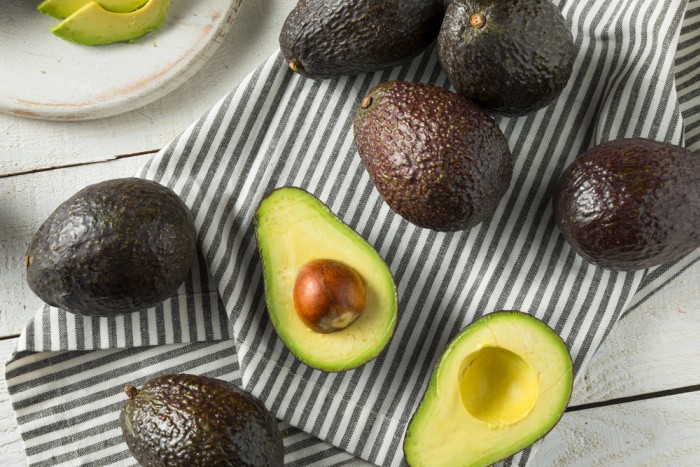

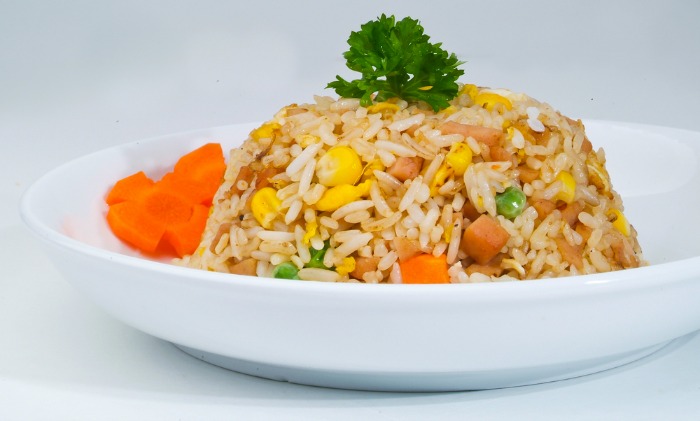
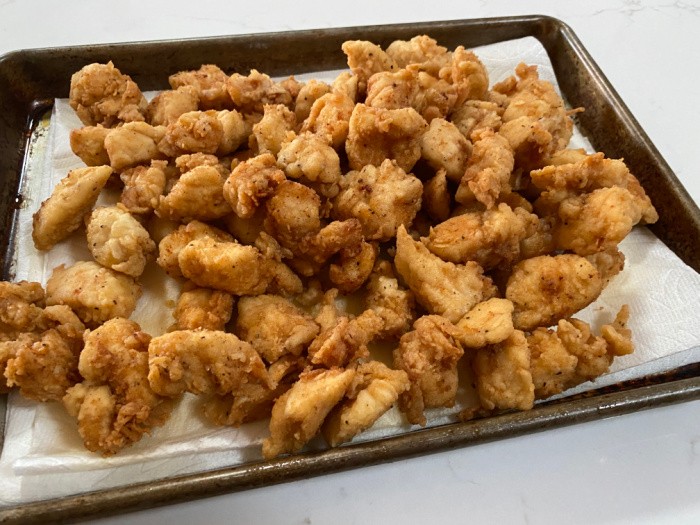


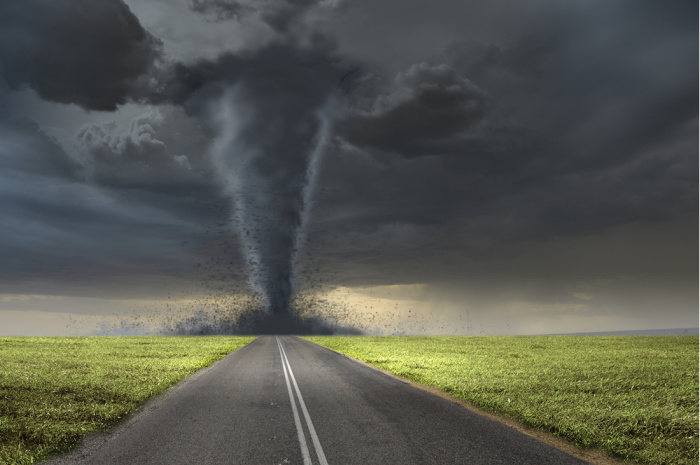


Unless you are committed to being a rancher, there is a lot goes on with having cattle. Neutering the young bulls is not a fun thing. Neither is taking something you have named to the butcher. I prefer to know someone who has cows, that I can buy from.
Hi Janet, I’m in the same boat. I do have a friend that is on his second set of cows/calves. He has the land to hand feed and pamper his cow. It brings me so much joy when he shares pictures. I’m too old to start a mini farm to raise a cow, but if a younger reader is following me I hope they buy land if they have the desire to raise animals. I will have to buy a 1/2 beef. Linda
I’m gonna elaborate on this statement in my comment. You are spot on
Hi Matt, thank you, Linda
I grew up on a ranch and we were taught to NEVER name the animals that would end up on our table. Any animal that would be butchered for food was not to be treated as a “companion” which to me is a pet.
And why not just call them cattle? There are survival benefits certainly, but survival cows? No, they are just cows. I mean, we don’t call the chickens survival chickens! The animals one raises for food are just that food animals.
Just my thoughts
I do name mine and even hand feed them. I’m not a mean man though maybe a hard one. I believe they only have to have one bad day on the farm. Butcher day isn’t without emotion because I’ve poured myself into keeping them healthy. I know that way is not for everyone though.
Matt- I only recall naming one calf that was given to my dad in trade for me at. We named the calf Spot. Then after it became meat in the freezer, when we had roast, we said we were eating spot roast! But, I was raised knowing that all the animals on our place (not the dogs, cats or horses) were going to be food. For someone who was not raised that way, naming and making the animals companions may make it difficult if not impossible to butcher and eat the meat. If, however, I were raising a milk cow, I would likely name it. As long as it produces milk, I wouldn’t consider butchering it unless there were dire circumstances.
Hi Leanne, Spot roast, oh my gosh, LOL! Thanks for sharing. Linda
I worked with a man who would buy a calf every year and then raise them in a small pasture next to his home. When he realized his kids were getting too close to them, he started naming them: Pot Roast; Steak; Ribs; Stew, Hamburger… By the time I worked with him, his kids were grown and he was naming them for his grandkids. He said the name reminded them that they were raising food just like when they grew corn and tomatoes for food.
My daughter and son-in-law want to buy a piece of land and start a self-sufficient homestead. My daughter is a vegetarian and I wonder how she will handle the first time they have to send a cow or other livestock to the butcher. She already says that she’ll take care of the animals but if they are sick, injured or need to be butchered, that’s all her husband’s job.
Hi Topaz, I only wish I had started sooner in my desire to have a small homestead. Now, I have grandkids who understand the need for GOOD/Healthy food. They would love to help grow their own food. It’s not the right time in my life to do it now. Linda
Hi Matt, you inspire me every single day, my friend. Linda
HI Leanne, well we can call them cattle, I don’t know the correct terms. I didn’t grow up raising any animals. But we will need them to survive. Great comment, Linda
Lessons learned with cattle can be expensive. We buy calves for about 600 a piece that are already castrated and vaccinated. That bout cheap as it comes. Everything else adds cost and gets expensive after that. For 2 feeder steers I’m gonna feed around $1300, $40 for mineral, about $1K in hay which was expensive this year due to drought last year and add in another hundred for meds cause one had pink eye and ringworm.
You need enough land and graze if you’re going straight grass fed. 7-11 acres per head around here is the norm. Grass fed takes double as long as fed out. I raise my feeders a year to around a thousand pounds and then butcher.
You can have vets and butchers come to you but it’s more expensive and the butcher meat doesn’t get to hang because it’s processed immediately. Hanging breaks down the ammo acids and is much better IMO. Butchering will run about $1 a pound for a round about figure for me so $1K. BTW a thousand pounds of cow doesn’t mean a thousand pounds of meat. Nor is it all in steak. Do your research.
The reason you’d have vets and butchers come to you is because you aren’t set up to load and unload cattle and/or control them with things like headgates, pens, chutes etc.
The sheer size of cattle makes these things difficult. Also like any animal the more you work with them the easier it is to move them.
I don’t recommend starting with milk cattle as they are the most time consuming and have more issues and will destroy you quickly if you aren’t experienced. Remember there are no vacations from milking. You can’t just run to Tahiti for 2 weeks without a plan and help.
Homesteaders, preppers and the like often go with miniature cattle as they believe the size difference will be less complicated. To a degree that might be true but not always.
“Survival cattle” What do you do with 2-500lbs of fresh meat if SHTF?
So what are the threats to cattle? Well nature like a lightening strike that can kill the whole herd, same with tornadoes or winter storms. https://globalnews.ca/news/8983796/lighting-kills-28-cattle-saskatchewan-ranch/
Man cause some kid or drunk will shoot one outta meanness or stupidity. Not to mention rustling which worsens as times get hard.
Disease cause no matter what you do your neighbor might not.
You lose a chicken you lost $40-100. You lose a bovine you lose $1K or more easily.
I can go on but this will help you keep things real in your mind.
Hi Matt, thank you, thank you for spelling the real tips on the cost of raising a cow, cattle, or some calves. You have so much experience and I love your thoughts. I read the article on the lightning that killed 28 cattle! Oh my gosh, such a shame and such huge losses for the ranchers. Just losing a chicken is extremely expensive as well. Thanks for making it real for us Matt. Linda
I grew up with a family cow (still have Dad’s milking stool, and while I’m not sure my bad knee could cope with sitting on it for long, the hands still know how to milk!)
Yes, as noted, a milking cow is a real commitment. There are ways to help deal with it–for instance, leaving the calf with the cow for part of the day so *you* only have to milk once/day. A heavy milking breed may not be what you want to deal with (aside from all the milk, they’re more prone to mastitis and other problems) but Jerseys, which we had, are fairly small and produce good high butterfat without huge quantities. Dual purpose breeds such as Shorthorns are another good possibility. Of course, even a beef breed *can* be milked, if you work with them!
Did I say Jerseys produce less? Well, our last couple of Jerseys (mother/daughter) gave enough milk for a family of 4, and to raise her own calf, and very often a second calf we got from a local dairy farmer. If we didn’t need to raise up another milker, the calf might go for veal; if we bred her to a beef animal (or got same from the dairy farmer) the beef/dairy cross certainly gave us a good beef supply. (Yes, we did usually name them… As has been pointed out, if you bear in mind from the beginning that they are destined for food, it helps. And–remember you have been giving them the best possible life until that life ends; also that anyone who does NOT feel something about the animal they send to the butcher, or process themselves, or even simply have put down at the end for whatever reason, probably should not have animals!)
Look into “intensive grazing” (has been pointed out it’s actually intensively *managed* grazing). The cow(s) are given only enough pasture space that they will graze right down in a day or two, then are moved to a fresh piece, separated with electric fence. In a few weeks the grazed piece will have grown up again, the manure dropped will have broken down (essentially, as would happen with grazers in the wild)–the soil becomes richer, deeper, more resilient to drought. Read Joel Salatin for more information.
One further thought. If we’re thinking of these cows as “survival” animals, also think where/how you’re going to get her bred (because she only lactates after having a calf). AI (no, not that AI, artificial insemination!) may not be an option if SHTF, and if not, where’s the nearest bull of any sort?
Hi Rhonda, at some point I feel strongly that everything will be in survival mode sooner that later. I hope I’m wrong, but I think I’m right on. My main purpose for writing this post is because I have talked to a friend through emails and pictures that encouraged me to help others think about having a cow. It may not be easy but it’s better to practice now than a year from now. I LOVE your comment, it will help many readers! Thank you my friend, Linda